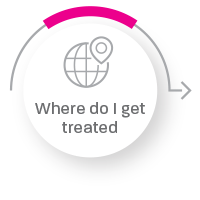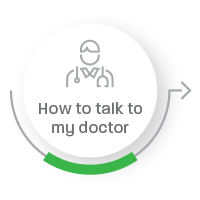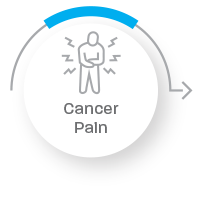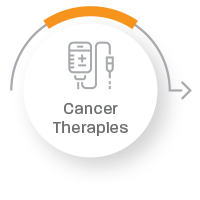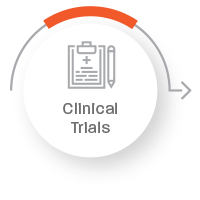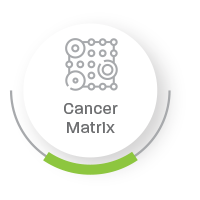Survivorship
Life after cancer treatment is called survivorship. It’s a time to focus on healing, follow-up care, and adjusting to your “new normal.” Survivorship can bring physical and emotional challenges, but it also offers opportunities for growth, reflection, and connection.
Cancer survivorship refers to the experience of living with and beyond cancer. The transition from cancer patient to cancer survivor can be challenging, as survivors often face physical, emotional, and practical issues related to their cancer diagnosis and treatment. It’s important for survivors to have access to appropriate resources and support to help them navigate these challenges. This may include regular check-ups with their healthcare team, support groups, counseling, and survivorship care plans that outline a survivor’s individualized care needs. Survivorship care plans can also help survivors understand their treatment history and potential long-term side effects, as well as provide recommendations for healthy lifestyle choices, such as exercise and nutrition.
It’s also important for survivors to prioritize their overall well-being, which includes addressing any lingering physical and emotional issues related to their cancer experience. This may involve making lifestyle changes, such as engaging in regular physical activity, eating a healthy diet, and managing stress. Survivors may also benefit from support groups or individual counseling to address any emotional distress or anxiety related to their diagnosis and treatment.
Finally, it’s important for survivors to remember that cancer survivorship is a unique journey and may look different for each individual. It’s okay to take things at their own pace and to seek support as needed. By taking an active role in their survivorship journey and prioritizing their overall well-being, cancer survivors can lead fulfilling and meaningful lives beyond their cancer diagnosis.
FAQ
What is survivorship?
Survivorship is the phase after active treatment ends. It includes:
- Follow-up care to monitor your health
- Managing side effects
- Emotional healing
- Rebuilding your life It’s a time to focus on recovery and rediscover what matters most to you.
What follow-up care do I need?
You may need:
- Regular doctor visits
- Scans or blood tests to check for recurrence
- Monitoring for long-term side effects Your care team will create a survivorship plan tailored to your needs.
How do I handle long-term side effects?
Some side effects may last after treatment, like:
- Fatigue
- Nerve pain
- Memory issues
- Hormonal changes Tell your doctor about any symptoms. They may recommend:
- Rehabilitation
- Medications
- Physical or occupational therapy You don’t have to suffer in silence—help is available.
What emotional challenges may I face?
Survivors often feel:
- Anxiety about cancer returning
- Depression
- Loneliness Support groups, counseling, and mindfulness practices can help you cope and feel more connected.
What lifestyle changes should I make?
Healthy habits can support your recovery:
- Eat a balanced diet
- Stay physically active
- Get enough sleep
- Avoid smoking and excess alcohol
- Practice stress-reducing activities like yoga or meditation

How AskBernie Helps
Survivorship is a journey—and AskBernie is here to walk it with you. Bernie can:
- Share tips for managing long-term side effects and emotional healing
- Suggest lifestyle changes to support your recovery
- Help you prepare for returning to work or school
AskBernie is your survivorship guide—helping you move forward with strength, support, and hope.

Help Support Cancer GPS
Cancer GPS is a 501(c)(3) organization, and your donations allow us to keep providing services to cancer patients and their families. Thank you for your continued support.

